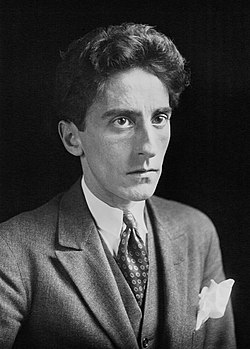 Official poster of the 6th Cannes Film Festival, an original illustration by Jean-Luc. [1] | |
| Opening film | Endless Horizons |
|---|---|
| Location | Cannes, France |
| Founded | 1946 |
| Awards | Grand Prize of the Festival: The Wages of Fear [2] |
| No. of films | 35 (In Competition) [3] |
| Festival date | 15 April 1953 – 29 April 1953 |
| Website | festival-cannes |
The 6th Cannes Film Festival took place from 15 to 29 April 1953. [4] French writer and filmmaker Jean Cocteau served as jury president for the main competition.
Contents
- Juries
- Main Competition
- Short Films Competition
- Official Selection
- Main Competition 2
- Short Films Competition 2
- Official Awards
- Main Competition 3
- Short Films Competition 3
- Independent Awards
- FIPRESCI Prize
- OCIC Award
- References
- Media
- External links
The Grand Prize of the Festival was awarded, as the highest prize, to The Wages of Fear by Henri-Georges Clouzot. [5]
During the opening ceremony, Walt Disney was awarded the "Legion of Honour" from the hands of Monsieur Hugues, Minister of Information of France. [6] [7]
The festival opened with Endless Horizons by Jean Dréville.

